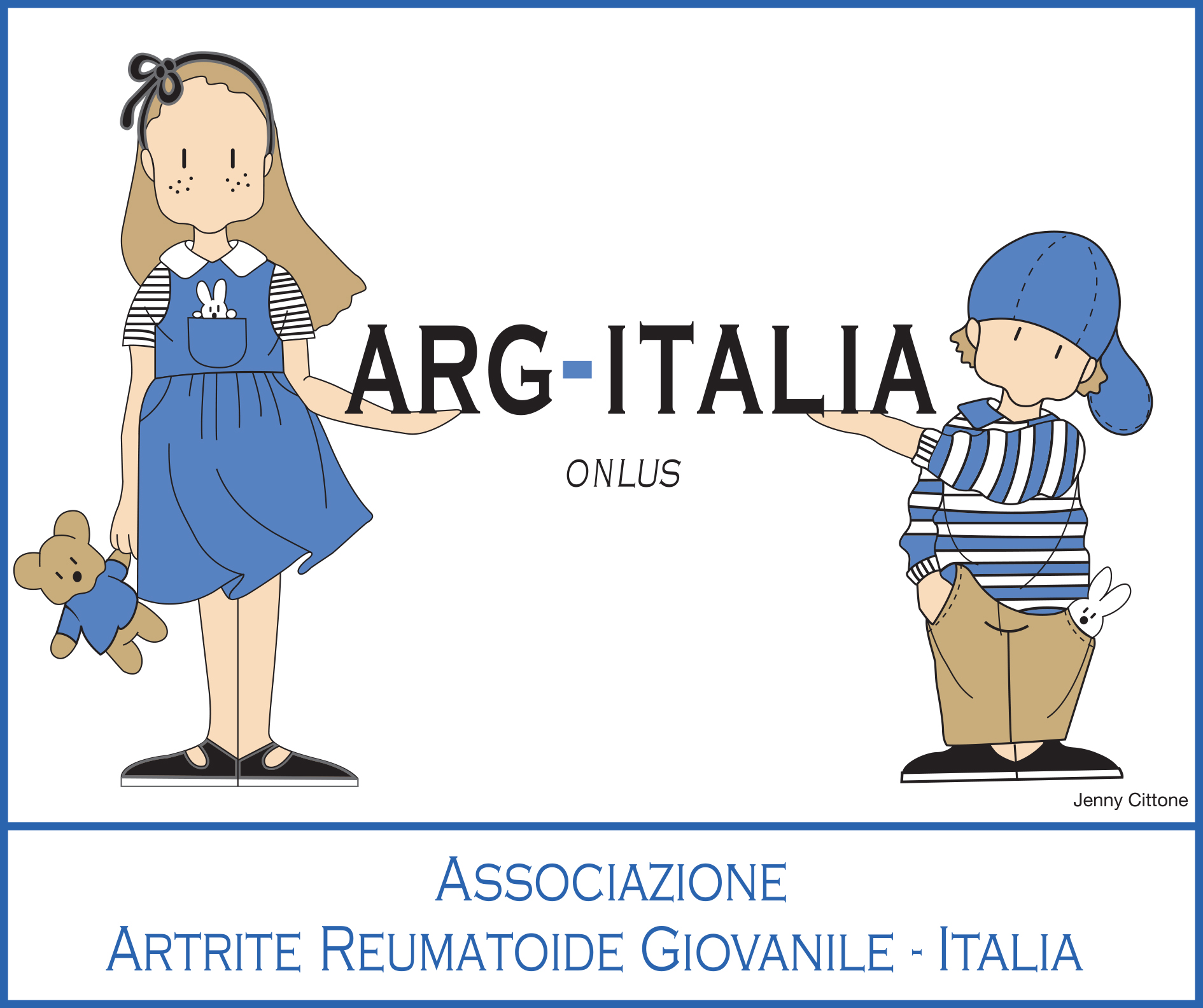Con l'augurio che ogni bene vi avvolga e che queste feste vi portino serenità, da…
Ultime linee guida per i malati reumatici durante l’emergenza Covid19, inviate dall’EULAR (organizzazione che riunisce tutte le società europee di reumatologia)
During the current COVID-19 coronavirus outbreak there are likely to be questions and special anxieties for people with Rheumatic Musculoskeletal Diseases (RMDs) who are taking immune suppressive medicines like biologic drugs, JAK inhibitors, steroids and conventional disease modifying anti-rheumatic drugs (DMARDs) e g. methotrexate.
Immune suppressive drugs are useful to prevent a worsening of your RMD. When you stop these drugs, you may experience a flare-up of the RMD. With regard to the effect of these drugs on a possible Coronavirus infection, we do not yet know enough to offer formal advice. We therefore advise you not to stop or reduce your medication at this time, unless your physician tells you otherwise for a specific reason.
In the event that you have a routine rheumatology appointment booked it would be wise to ask your doctor or rheumatologist if this is essential, or can be safely delayed, or if it can be performed by telephone or some other remote device. This facility may vary in availability across different health care settings.
If you have symptoms such as fever or persistent cough, you may need to be tested for coronavirus. If these symptoms are present, you should follow the national advice for access to health care, often via phoning to advice hotlines.
Depending on the results, if you are positive for COVID-19 you should interrupt your biologic therapy, as you would for any active infection; the treatment may be resumed after the infection has cleared. Please discuss this with your doctor or rheumatologist. You should continue your steroids as prescribed but again this must be discussed with your doctor or rheumatologist.
Meantime, if not already done, it would be wise to undertake or complete vaccination protection according to EULAR recommendations and or national guidelines, at present with priority against influenza, but also against whooping cough and pneumococcus,
EULAR would recommend firstly that you look for, and abide by, the advice offered by your national public health care system, as they will have the most up to date information that is tailored for the circumstances in different regions.
Simple measures are likely to help to preserve your health and that of your family and friends:
- Wash your hands very regularly for at least 20 seconds using soap and water. Dry hands thoroughly afterwards.
- Try to avoid touching your face.
- Coughing or sneezing should be into an elbow or tissue paper and the latter should be discarded safely.
- Use disposable tissues.
- Wear a mask when you are ill; if there are no symptoms it is not necessary to wear a mask. The mask cannot completely prevent virus transmission, but it is a good reminder of not touching your face and serves to warn others that you may not be well.
- Practice sensible social distancing especially from people who appear to be ill, e.g. coughing or sneezing.
- We should greet each other without shaking hands, and avoid hugs.
- Try to avoid busy public transport and large groups of people.
Do not embark on unnecessary travel at this time to certain geographical areas – please pay attention to public health advice to guide you in this.
